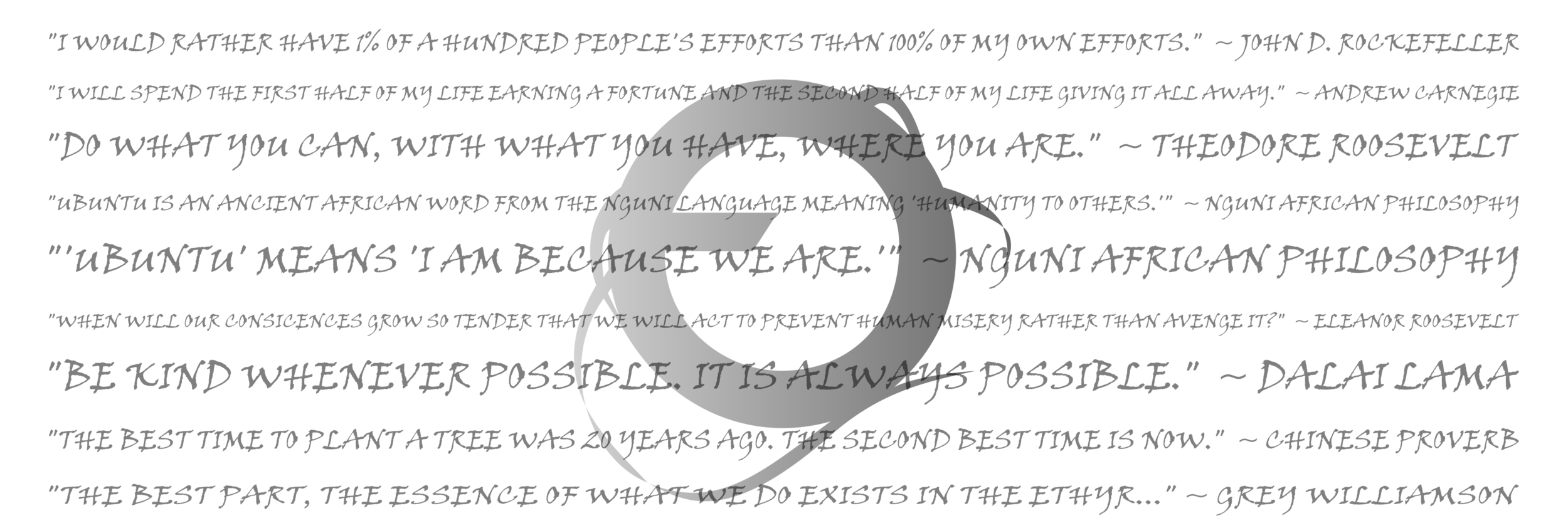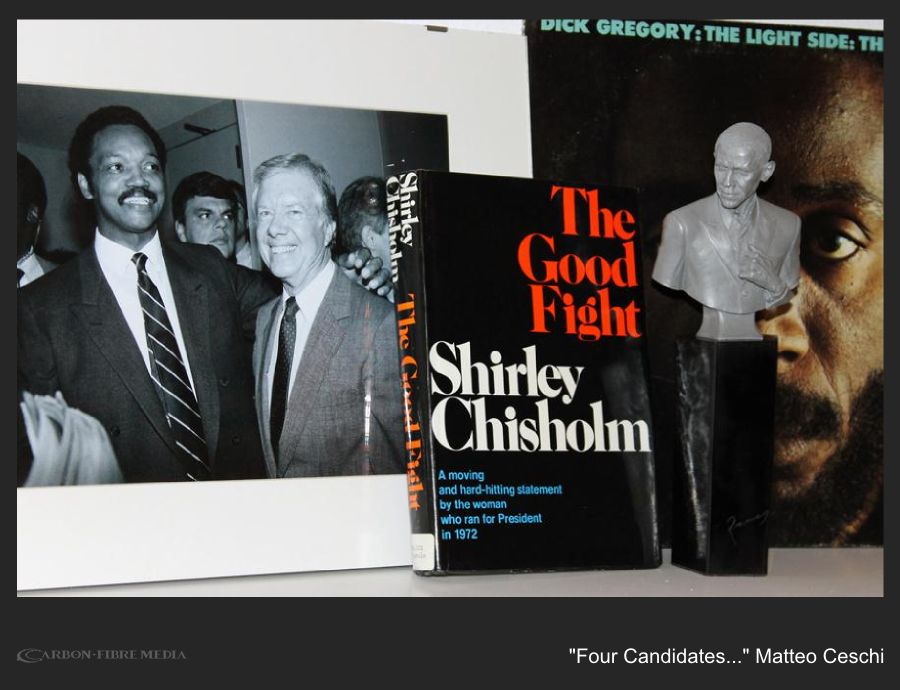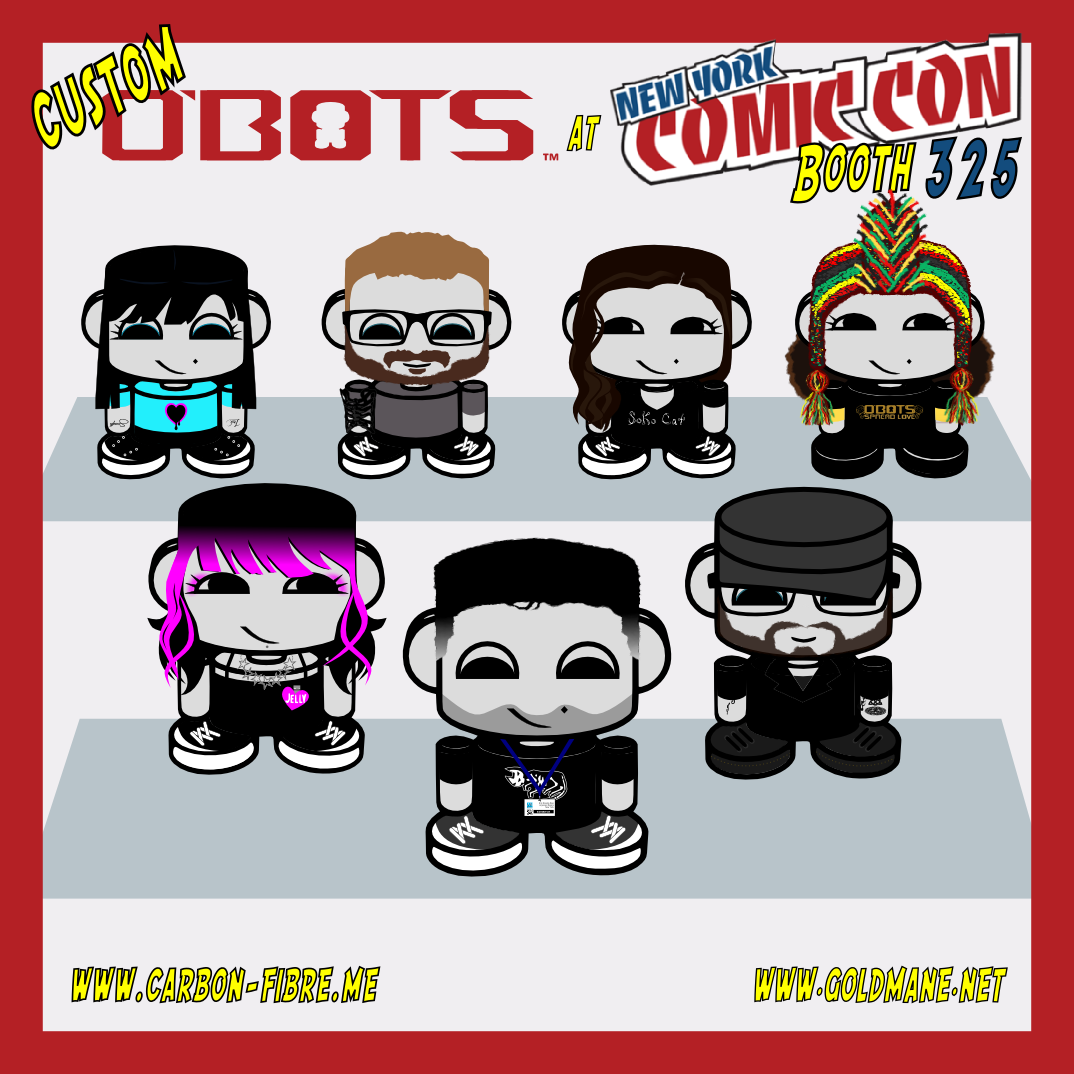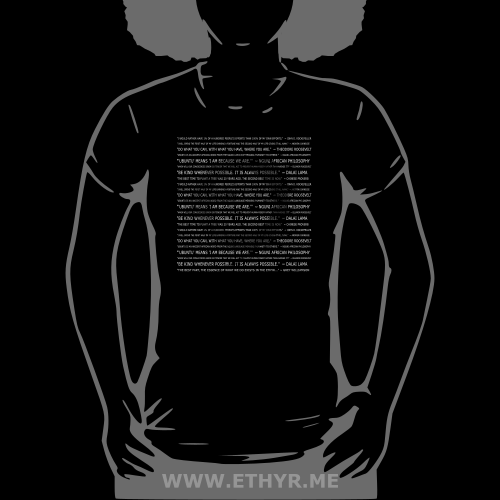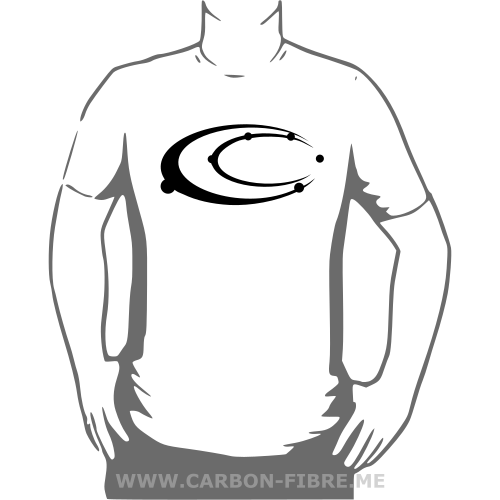WRITTEN WORD: Tutti i colori di Obama by Matteo Ceschi (All the Colors of Obama. The Other History of American Elections)
/Matteo Ceschi is an artist and writer who has recently finished his book titled, "Tutti i colori di Obama. L’altra storia delle elezioni americane (All the Colors of Obama. The Other History of American Elections)," publishedby Franco Angeli Editore (www.francoangeli.it).
This is perhaps one of the rare occassions that one interview can cohesively cover old school rap, underground comics, The Jeffersons, Dick Gregory and American Presidential history. I cannot wait to get my hands on Mr. Ceschi's book.
Following, Mr. Ceschi shares his inspiration, highlights and challenges while researching and writing "Tutti i colori di Obama."
CFM: WHAT IS YOUR BACKGROUND?
CESCHI: My thesis in American History was on the explosion of black music in the post-World War II period. At the time I was often in a small comics shop not far from the university discussing and drawing cartoons. At home, as a background to my long drawing marathons, there were Old School records like Grandmaster Flash & The Furious Five, Sugarhill Gang, Kurtis Blow, Run DMC, Public Enemy, Beastie Boys, De La Soul and classics like Marvin Gaye, Michael Jackson and Jimi Hendrix. My passion for music led me to the team of a well-known Italian music magazine, where I am still a regular columnist. After graduation, I also immediately started to work at my university as Teaching Assistant, first in U.S. history, later in Contemporary history, which allowed me to participate in international conferences and meet European and American scholars.
CFM: HOW DID YOU MAKE THE TRANSITION FROM COMICS TO THE MORE SOBER SUBJECT OF AMERICAN GOVERNMENT?
CESCHI: For me, there is no transition but an essential continuity in my artistic and historical interests.
CFM: WHAT INSPIRED YOU TO WRITE A BOOK ABOUT THE AMERICAN PRESIDENCY?
CESCHI:Tutti I colori di Obama. L’altra storia delle elezioni americane (All the Colors of Obama. The Other History of American Elections) originates in my deep passion for African-American culture in all its aspects and nuances – I began as a child in the early 1980s with TV series like “The Jeffersons” and “The Bill Cosby Show” and gradually felt the need to study it seriously along the lines suggested by scholars like Rickey Vincent, author of the classic book, "Funk!" and Scott N. Brown.
Jesse Jackson participating in a rally, January 15, 1975 (Source: Wikipedia)The rise of Sen. Barack Obama and the affirmation of a post-racial and post-ethnic approach to society led me to investigate the roots of this position, discovering exceptional figures like the comedian and political activist Dick Gregory and the Democratic Representative, Shirley Chisholm, who had campaigned in the Democratic primaries for the presidency back in the late ‘60s and the ‘70s. I discovered the Rev. Jesse Jackson – another staunch voice of post-racial politics when, as a young comics fanatic, I first parsed the verses of Melle Mel’s "Jesse." That was 1994. His name and his story grabbed me, just as Spike Lee, Malcom X and the Black Panthers had done.
CFM: HOW ARE AMERICAN PRESIDENTS VIEWED IN YOUR COUNTRY?
L to R: Dick Gregory, Malcolm X, Shirley Chisolm
CESCHI: I was born during Gerald Ford’s brief presidency and my first memory of U.S. politics is Jimmy Carter at Camp David in the News on my maternal grandmother’s TV. Like a large part of the world’s population in the ‘80s, I grew up in Ronald Reagan’s shadow, but I kept a healthy young distance listening to rap. So I’ve always had a lot of interest in who was sitting in the Oval office, even if in my country U.S. politics and the ups and downs of the various presidents only sporadically interested public opinion before Obama. With the sole exception of Reagan, whose eight year presidency coincided with a period of epochal historic change, I would say that in Italy the U.S. presidency has always been seen with a vaguely positive indifference as something comfortable and certain to turn to with a little more attention now and again when there is some international crisis or presidential elections.
CFM: MANY HAVE WRITTEN ABOUT THE AMERICAN PRESIDENCY AND PRESIDENT OBAMA, WHAT SETS YOUR BOOK APART FROM THE REST?
CESCHI: In the three years of research the book involved, I read a lot of the books you mention. Some, like David Remnick’s The Bridge, I liked; others a lot less. If I were to indicate a difference from what has already been written about President Obama, I’d say that Tutti I colori di Obama has the advantage of restoring the fundamental (for Obama, too) experiences of figures like Dick Gregory and Shirley Chisholm – alas, too quickly forgotten by voters and politicians alike - and of integrating the history of the elections and the analysis of the political language and gestural character with pop/popular elements in day to day social culture like music, graphic arts and the web in the most natural way possible.
CFM: WHAT ARE SOME HIGHLIGHTS FROM YOUR BOOK?
CESCHI: Mmmmm……the heroic challenge Dick Gregory and the Peace and Freedom Party issued to the two major parties in the 1968 elections, and his “shadow government”; the feeling between Shirley Chisholm and the college crowds; the citizen diplomacy that preceded and accompanied Jesse Jackson’s first candidacy in the 1984 Democratic primaries, and Barack Obama’s fundamental parenthesis at the Harvard Law School (indispensable in the refining of his post-racial sensitivity).
CFM: HOW DID YOU SETTLE ON THE COVER IMAGE FOR YOUR BOOK?
Renegade obama bust by grey williamson & kilroy III
CESCHI: At first I thought I might do the cover myself, but then I thought that would be too much of the same (some of my work is on display at www.coroflot.com/ceschi1974). So I began to look through the web for names of artists who had looked at Obama. As soon as I saw Grey Williamson and Kilroy III’s [Renegade Obama] bust, I thought, “This is the one for me!”
Discovering a common background with one of the two artists only confirmed the first excellent impression. I have always appreciated a 360° approach to the artistic life. My editor liked it a lot and so we got in touch with you.
CFM: WHEN WILL YOUR BOOK BE AVAILABLE?
CESCHI: The book will be on sale from Oct. 5 – just a month before election day.
CFM: WHY SHOULD AN AMERICAN READ YOUR BOOK?
CESCHI: Why should the American public read my book? Well, because it’s very, very readable and it would improve their Italian a lot! And then you can always learn something new. Seriously: because at the moment there is nothing on the American market with an approach like my book.
CFM: WHAT HAS BEEN THE MOST MEANINGFUL FEEDBACK YOU'VE BEEN GIVEN ABOUT YOUR BOOK?
CESCHI: The phrase “I couldn’t put it down!” coming from a highly respected historian colleague who had kindly offered to read the rough draft.
CFM: WHAT WAS THE MOST CHALLENGING THING ABOUT WRITING YOUR BOOK?
CESCHI: It was quite difficult to find material on the black presidential candidates - surprisingly so in a number of cases – especially with regards to Shirley Chisholm (perhaps the first serious presidential candidate to be a woman). The greatest difficulty I had, however, was finding objective material to compare with the autobiographic narration Gregory furnished in his books. The last uncertainties were resolved only in Jan., 2012 at Amsterdam’s International Instituut voor social Geschiedenis.
CFM: WHAT WAS YOUR FAVORITE CHAPTER OR PART OF YOUR BOOK AND WHY?
CESCHI: Sincere, I’ve never thought about it. But if I had to choose, I’d say the long chapter on Jesse Jackson, the politician whose story comes closest to Obama’s. Both, in fact, tried- though with different results – to win the presidency in a moment in which the media played a fundamental role in the success of a campaign. Not many people know that Jesse Jackson was the first national political figure to make use, during the course of the Louisiana Democratic primaries of 1984, of the immense resources afforded by informatics for political ends. In 1984, 24 years before the army of pro-Obama Facebookers!
CFM: WHO IS YOUR FAVORITE AMERICAN PRESIDENT AND WHY?
Former president Jimmy Carter fields a question during his news conference in Washington, October 10, 1978. (Source: Salon)CESCHI: Without doubt Jimmy Carter is, for reasons linked to the memory of my maternal grandmother, as I mentioned earlier; the first American president I remember. As a scholar, I have found his policy on ecology interesting and have treated it in part in an earlier book, Musica e ecologia negli Stati Uniti da Bob Dylan a Bruce Springsteen.
CFM: DOES PRESIDENT OBAMA COME IN A CLOSE SECOND?
As a historian, I think we have to wait before trying to give any final evaluation of the Obama presidency. On the other hand, while hanging on to a vigilant and healthy critical eye – a position I share with Cornel West – I cannot certainly deny that Barack and Michelle Obama have held my attention over the last six years. If the president has always impressed me with his personal sincerity – as we see it, for example, in Amy Rice’s documentary “By the People” – Michelle’s strong personality makes me think of the American past’s iconic, up-front, purposeful black ladies, like The Cosby Show’s Mrs. Claire Olivia Huxtable. Here again (as with Carter) my own early impressions inspire my sympathies and my work.
CFM: WHAT DO YOU HOPE YOUR READERS WALK AWAY WITH AFTER READING YOUR BOOK?
"Four Candidates..." Matteo Ceschi
CESCHI: A more vital and informed view of the United States and the Obama presidency, whatever their political orientations may be. I would not be at all displeased if some Italian reader should take Tutti i colori di Obama along on a trip to the U.S. and go to visit some of the places the book talks about.
And I would not complain if some U.S. reader with a working knowledge of Italian wrote to me to give me any constructive comments that came to mind.
CFM: WHAT WERE YOUR OBSERVATIONS AFTER WATCHING BOTH THE REPUBLICAN AND DEMOCRATIC NATIONAL CONVENTIONS?
That both conventions were held in the South is heavy with complex significance, though no one has explicitly “unpacked” the components yet as they really should.
The icon of the Tampa convention was, significantly, no candidate – not even any political figure – but a disappointing, even slightly uncertain, Clint Eastwood, and an empty chair. The Republicans showed themselves not ready to deal adequately with Hollywood, leaving viewers depressed as to what might happen when they turned their eyes or attention to everyday U.S. reality. The Democratic convention in Charlotte showed us a far more varied assembly as to age, origins and socio-economic placement. It showed that the president’s party enjoys vigorous good health despite the economy and multiform obstructionism in Congress and in the society. Julian Castro, Bill Clinton (who cited Obama’s “More Perfect Union” speech and set out the “mathematics” of both Obama and Bush) and, perhaps even more, Michelle Obama, focused on their candidate and his personal qualities, his political stance and his achievements as president- as the Republican convention, engaged chiefly in image politics had not really attempted to do – or been able to do? - for its own candidate and his political record. It did, however, tread lightly enough to barely allude to hot internal issues (abortion, stem cells, homosexuality); even if Clinton mentioned alternative energy, he tied it firmly to future "freedom" from "Arab oil." It was left to the roaming TV cameras to show two women (one with traditional headscarf) displaying “Arab-Americans for Obama” placards. Prudently, no mention was made of the unrealized promise to close down Guantanamo, or the continuing concern for the on-going violations of the word and the spirit of the First Amendment. If Obama not only wins, but the Party wins a Congressional majority, perhaps this scene may change.
Summing up: the convention(s)’ climate, over-all, was sort of ‘80s sit-com and so leads me to hope for the best over the next four years. Nor do I think that the dramatic events in Libya, Egypt and some Middle Eastern countries can seriously damage Obama as a candidate.
CFM: WHAT WERE YOUR OBSERVATIONS AFTER WATCHING THE DEBATES?
The talk of political reporters on the first Obama-Romney debate was soon silenced by Vice-President Joe Biden who recalled what behavior is more suited to a sitting president. Biden – who creamed Paul Ryan in [the VP] debate (BRAVO!) – explained that Mr. Obama just behaved like a President. Undoubtedly the aggressive approach of the rival Republican, skillfully trained by consultants to look like everybody’s neighbour, has rekindled political interest in the disputed election (in Italy there’s much talk about it as well) but I do not think this TV debate will actually affect the outcome of the crucial election of November 6.
Obama, as pointed out by his running mate, has maintained an institutional stance deliberately trying not to get into the kind of battlefield chosen by his opponent, and he said perfectly sound things even if he showed now and them some signs of discomfort.
However, I would not worry too much, but I think that maybe Obama might go back to “we” instead of “I”, when he speaks, to unmask what Romney really is, an elitist at heart.
CFM: WHAT HAVE YOU LEARNED FROM RESEARCHING AND WRITING THIS BOOK AND WHAT ARE YOUR NEXT STEPS?
I got to know two exceptional people – Dick Gregory and Shirley Chisholm (Jesse Jackson I already knew) – and I followed their human and political adventures step by step.
At the moment I’ve got a headful of ideas. The search for a new challenge might be resolved “on the spot” in January, 2013, when I’ll be in Boston for about ten days. Maybe that will pull the switch and point a spot-light in the right direction. Who can say?
Have a question or comment for Mr. Ceschi? (Please email him at matteo.ceschi(at)yahoo.it). His book is available through Franco Angeli Editore (www.francoangeli.it). If you happen to be in Milan on election day, perhaps you can get your copy signed by the author himself.
Thanks for reading!
~ Onjena Yo
ABOUT THE AUTHOR
MATTEO CESCHI is a historian of African-American culture and U.S. counterculture. He writes for a music magazine and teaches History of journalism and music journalism at the University eCampus in Italy. He has worked with the chair of North American History and Contemporary History at the faculty of Political Sciences of the University of Milan. In 2000 he joined the comparative history project Milan-Montpellier Group, founded in 1980 by Italian, American and French academics. He is author of Musica Nera/Black Music (Milan: 2005) and Green Rock. Music and Ecology in the United States from Bob Dylan to Bruce Springsteen (Milan: 2008) and numerous essays in Italian and English.


